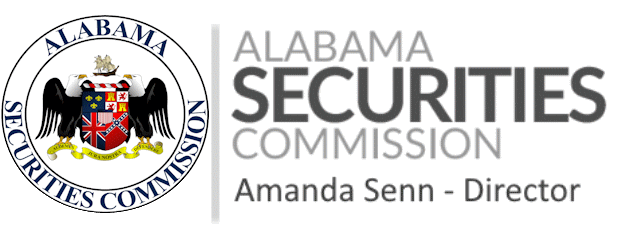- Suitability
Broker Dealers must develop effective standards and criteria for determining suitability. State regulations and FINRA Rules 2090 and 2111 require registered persons to “know your customer” and receive training sufficient to demonstrate knowledge of products prior to sale. - Develop, Update, and Enforce Written Supervisory Procedures
Broker Dealers should also ensure that staffing and expertise are commensurate with the size of the BD, type(s) of business engaged in by the firm, and the individual responsible for specific procedures. With recent announcements of BD staff reductions, state securities regulators are concerned whether proper internal controls and the ability to respond to customer service and regulatory inquiries will continue to be maintained. - Exception Reports
Introducing dealers should obtain the necessary exception reports from the clearing dealer to ensure proper compliance. Upon the generation of exception reports, all Broker Dealers must document and resolve “red flags” in a timely manner. Broker Dealers that rely solely upon conversations with salespersons to address exception reports without contacting investors may subject themselves and supervisory staff to regulatory and/or legal action. - Branch Office Audits
Develop a branch audit program which includes a meaningful audit document/plan, unannounced visits, a means to convey audit results, and a follow‐up plan requiring that the branch take corrective action. - Selling Away
Broker Dealers must ensure that adequate procedures are in place to address private securities transactions (selling away). If this activity is permitted, the firm’s written supervisory procedures should be adequate to monitor this activity on an ongoing basis. The BD’s procedures must have a mechanism to conduct a meaningful review of the request and in the instance where the request is denied, a process to determine the salesperson is/has not engaged in the activity. Additional violations which may be charged in selling away cases include, but are not limited to, fraud, sale of unregistered securities, and inadequate supervision. - Outside Business Activity
Written outside business activity requests from salespersons must be received, reviewed and approved by the firm prior to the activity taking place. The Broker Dealer and salesperson are required to report the outside business activity on the salesperson’s Form U‐4. The firm should have a supervisory procedure in place to address its approval/denial process and a requirement that the salesperson promptly report any changes to the approved outside activity. - Advertisements
Advertisements and sales literature MUST be fair and balanced and MUST be approved by the Broker Dealer and/or FINRA. Seminar notices/advertisements, programs, seminar materials utilized, and guest speakers must be approved by the Broker Dealer. In instances where the salespersons routinely conduct seminars, a supervisory representative of the firm should randomly attend the seminar for compliance purposes. Remember, your advertisements are published into the public domain and regulators, the public, and your competitors are watching. - Correspondence
Correspondence, both electronic and hard copy, must be effectively monitored by the BD. This includes a system of capturing and maintaining electronic business‐related correspondence sent by salespersons from websites and social network service providers outside the firm. For additional guidance, refer to FINRA Notice 11‐39. - Customer Complaints
Upon receipt of a complaint, firms must acknowledge receipt, conduct and document a thorough review of the customer’s allegations, and, if necessary, update the salesperson’s Form U‐4. In situations where the firm discovers wrongdoing, the firm should redress customer harm. Timely reporting and remediating customer harm are some of the factors under NASAA guidelines to determine if the firm is entitled to credit for cooperation. - Dealing with Senior Citizens
Baby Boomers are now moving into retirement. As we age into our “golden years” our cognitive abilities begin to wane. BDs and, for that matter, financial professionals should develop procedures/best practices for handling accounts of “senior” investors. A number of the recommendations relating to these best practices are contained in joint reports issued in 2008 and 2010 by NASAA, SEC, and FINRA. In addition, on July 1, 2016 the State of Alabama enacted the Protection of Vulnerable Adults from Financial Exploitation Act, which added reporting requirements for Broker Dealers to adhere to.
North American Securities Administrators Association | www.nasaa.org
